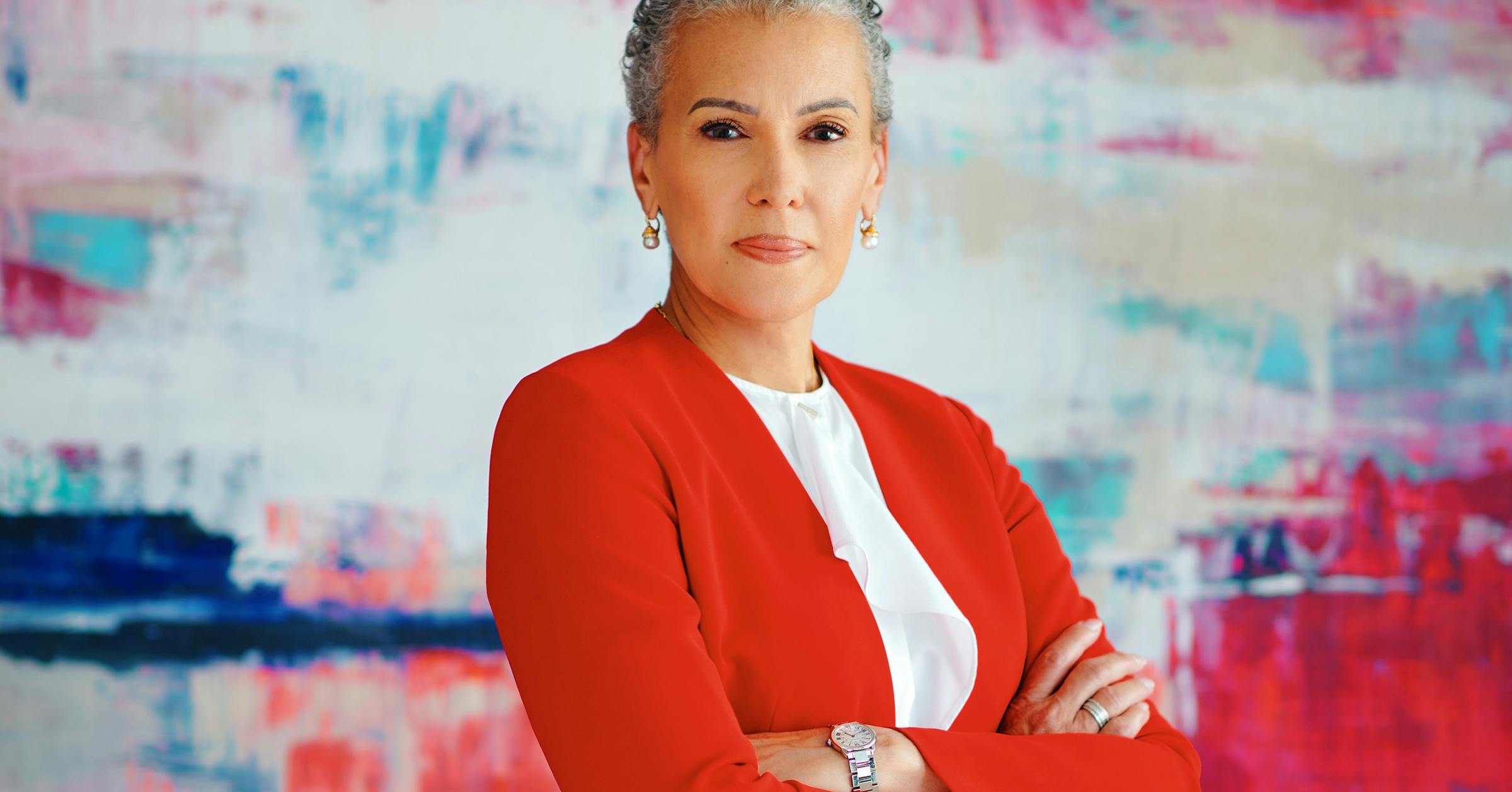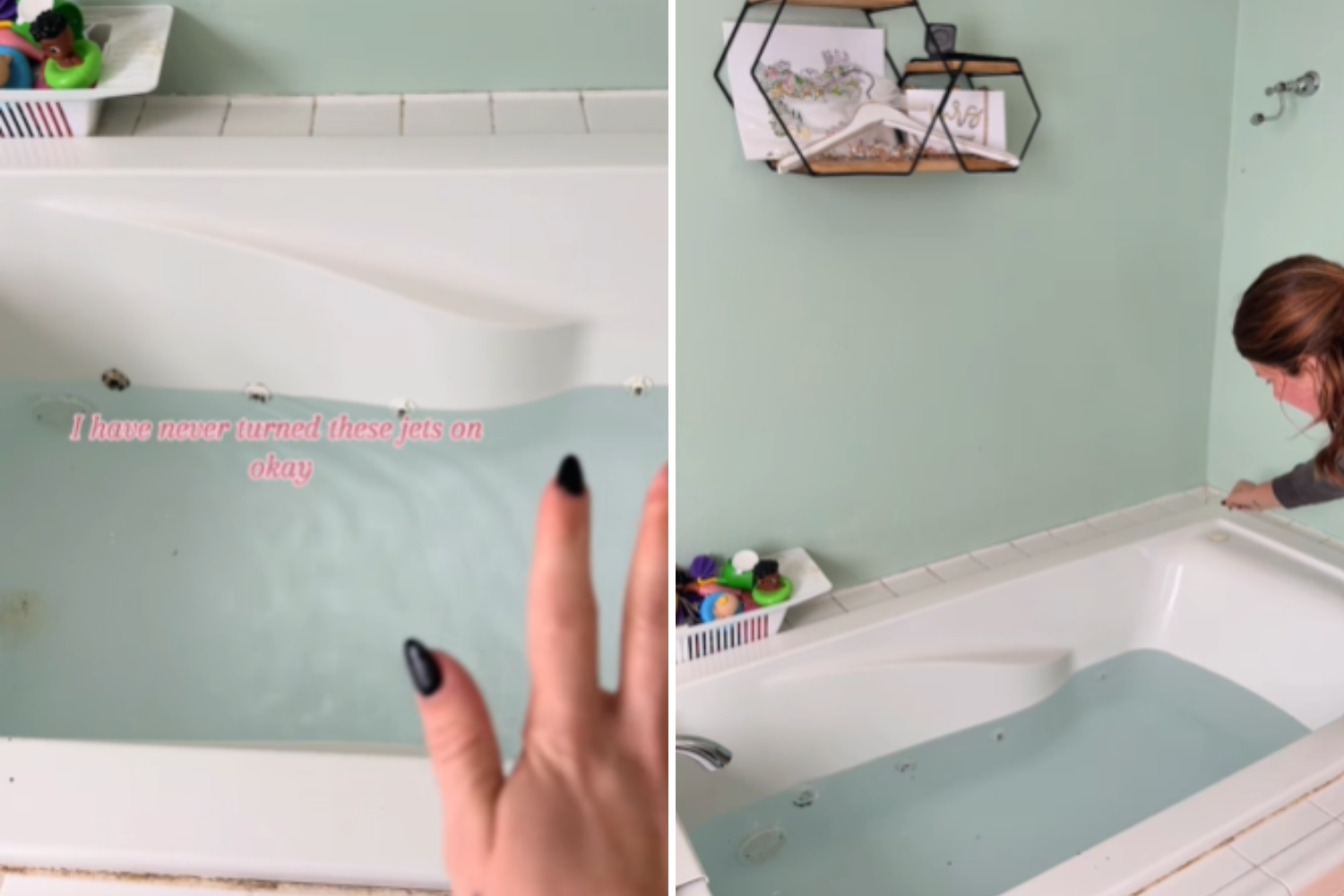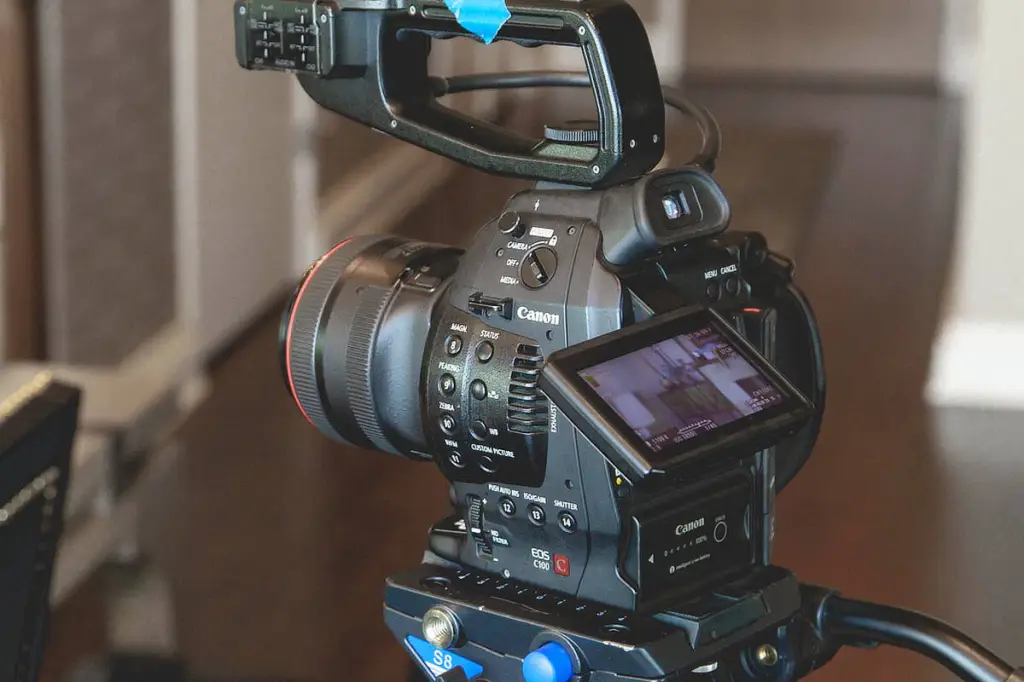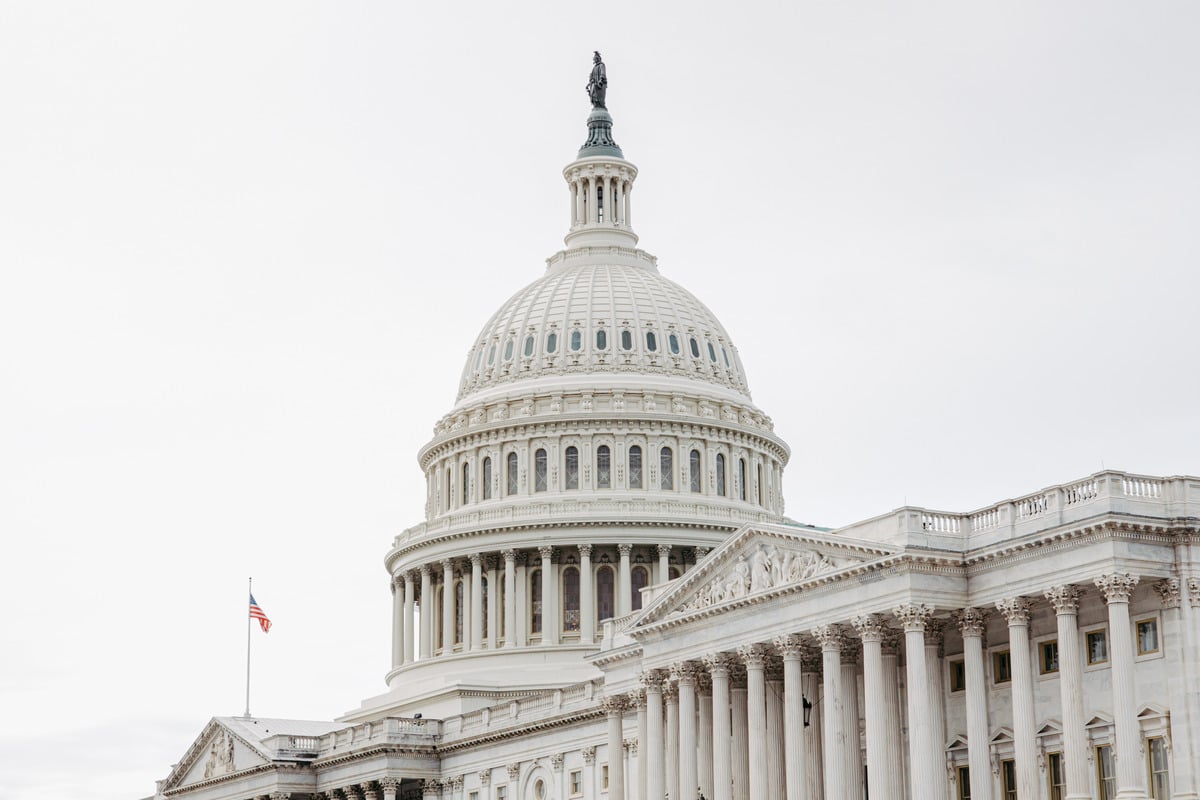Copyright Star Tribune

But these days, the floodgates to information about menopause have swung open. Women have taken to TikTok and Instagram to detail their various symptoms, ranging from weight gain to sleep disruptions. Hormone replacement therapy, while not for everyone, is shedding some of its stigma from a previous generation. Hollywood stars from Naomi Watts to Halle Berry are speaking up about their experiences with menopause, signaling that a growing number of women are refusing to suffer in silence. A: The explosion of social media is what has changed things for us. I have been having this same conversation in my office for 30-plus years. There’s not a lot of brand new information; this is just getting the information out to the general public. Millennials are the first generation that hasn’t heard all the negativity [about hormone replacement therapy]. They’re demanding different answers. A: The Women’s Health Initiative study is was what changed everything. It landed like a bombshell. Prior to 2002, we prescribed hormones freely. We knew it was the most effective thing for the treatment of menopausal symptoms, and we were encouraging women to take because we had at least observational data that said that it improved cardiovascular outcomes. But imagine this: They held a news conference at the National Press Club and said hormone replacement did not decrease the risk of heart disease. But the real killer was that it said it increased the risk of breast cancer. That was what put the nail in the coffin for most women about hormone therapy. We also learned that timing matters when you start hormone therapy. The average age of women included in the study was 63, which is 12 years beyond the time of when we normally would start hormone therapy. The data is the data. It was the misinterpretation of the data and then overgeneralizing those results to everyone that was the problem. A: One, it scared women. Two, it disadvantaged an entire generation of doctors. Three, the most pernicious effect was that research into hormones and women’s health in midlife shut down immediately because this one study was taken as the definitive word. And so for 23 years, we’ve been living with the underinvestment in women’s health in midlife, particularly as it relates to menopause and hormone therapy. A: They don’t. There’s a generation of women that didn’t really get educated about menopause, and there’s a generation of doctors who don’t recognize that these are signs of perimenopause. The symptoms can start as early as 10 years before you’ve had your last period. That’s where the confusion comes in. You’re missing all of those women. Q: In a new study from Mayo Clinic, 87% of women it surveyed from ages 45 to 60 did not seek medical care for menopause symptoms, with some saying they were too busy or weren’t aware of treatment options. What is causing women to refrain from getting the help they need? A: We as women are socialized to accept suffering. It starts with our first period, goes through PMS, pregnancy, postpartum depression, and anxiety. So when we get to perimenopause and menopause, this is just the last of a long string of things that we have tolerated over the course of our lifetime. A: The good news about social media is that it has raised awareness, and women know there is another path forward (other than gritting your teeth and hoping it will be over in 10 years). But there’s also the problem that not everybody on social media who is talking about menopause is qualified to talk about it. The marketplace has awakened to the fact that perimenopausal and menopausal women have money, and they’re looking for solutions. So when you market something that says, “This is natural” or “This is non-hormonal,” women will try it because they are grasping for help. You have to be cautious on social media. A little due diligence is in order that the person who is talking has the credentials and the training to give that advice. A: I’m a menopausal woman. I have been on hormone therapy for 16 years and have no intention of stopping. The thing that gets in the way of not being able to enjoy your life post-menopausal is not feeling well. I tell young women this all the time: If you can be healthy and vibrant and have your brain working, don’t fear this. It can be the best, most productive time of your life. When you get to be in your 60s, this is the first real decade when it’s all about you.



